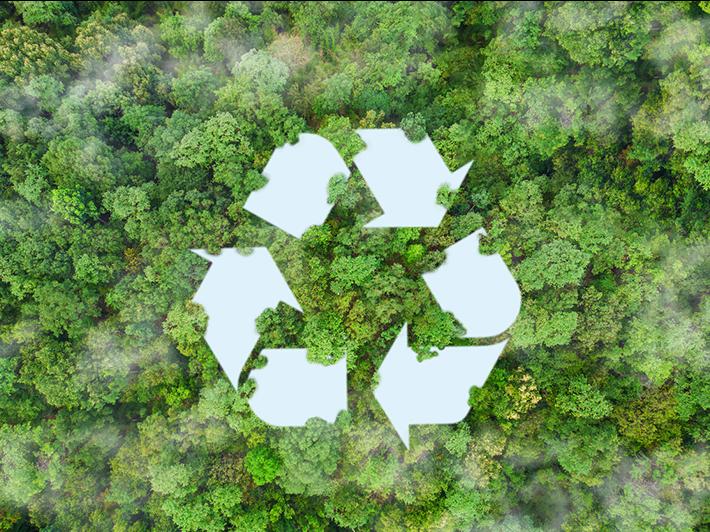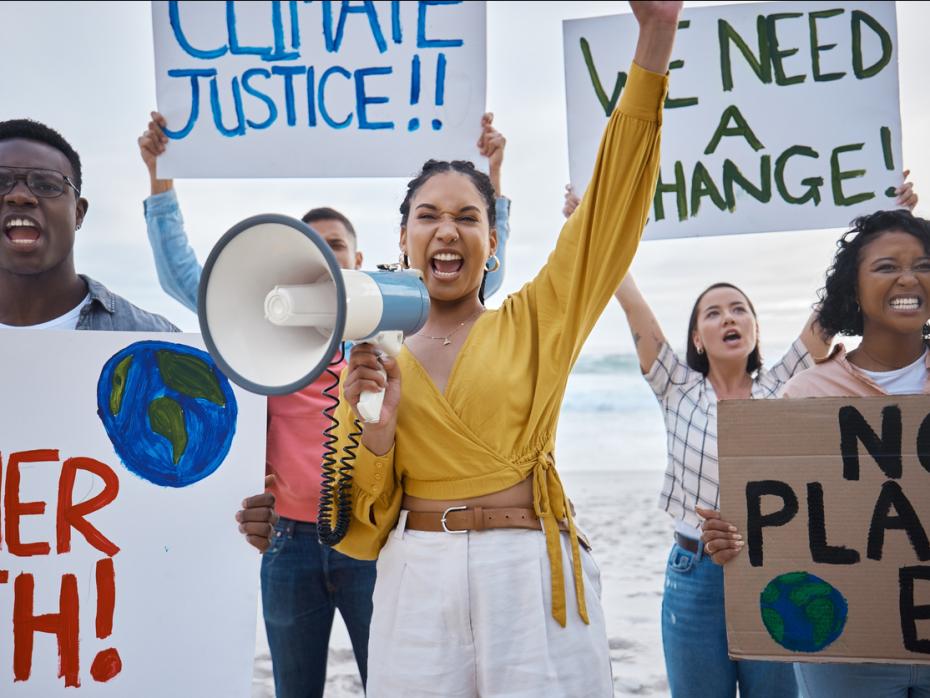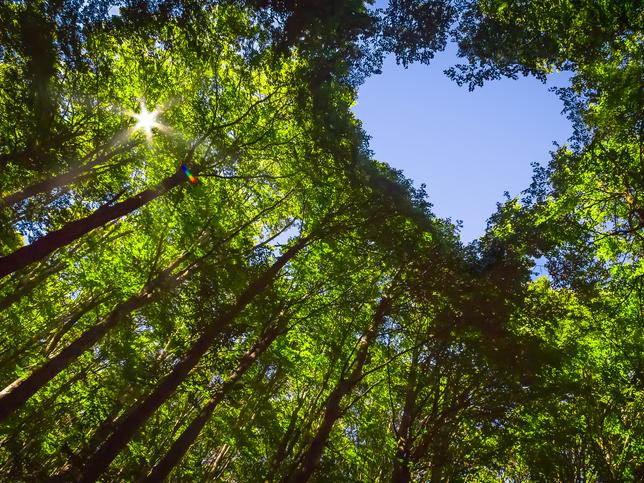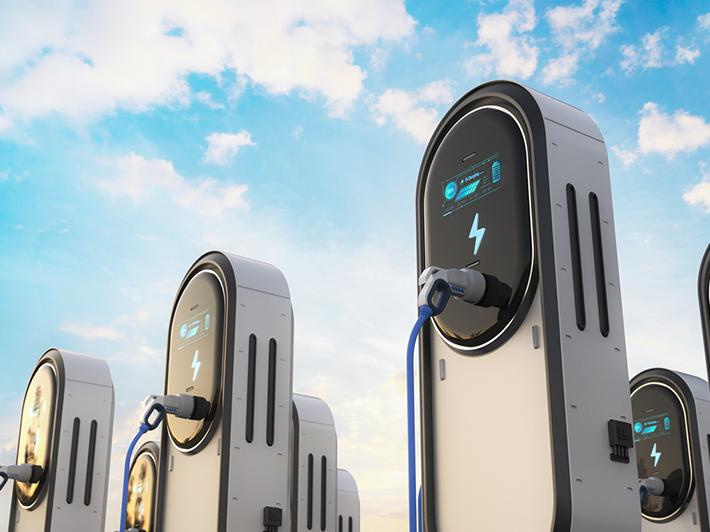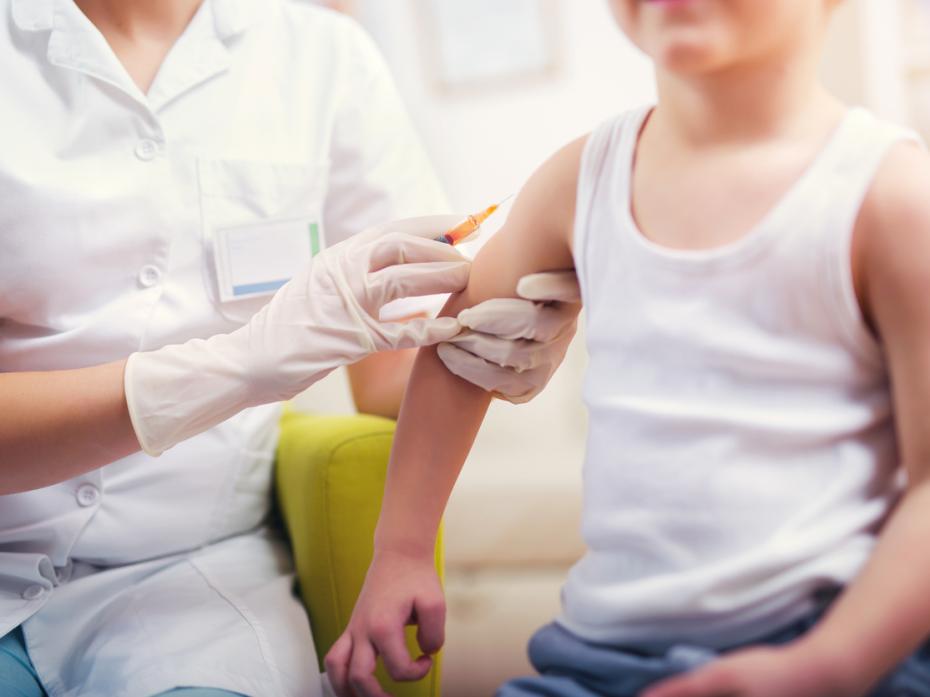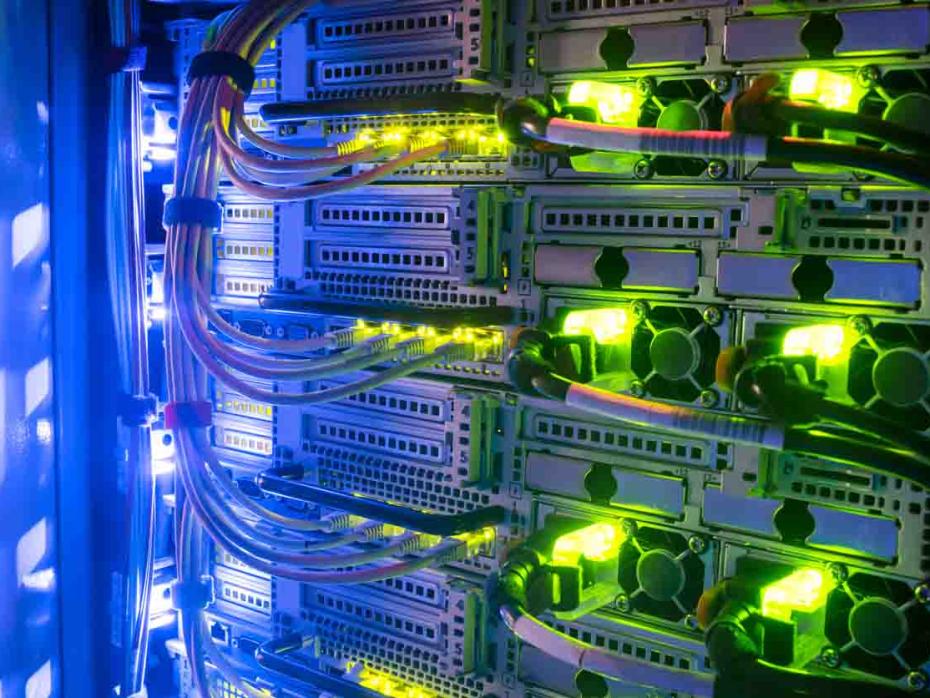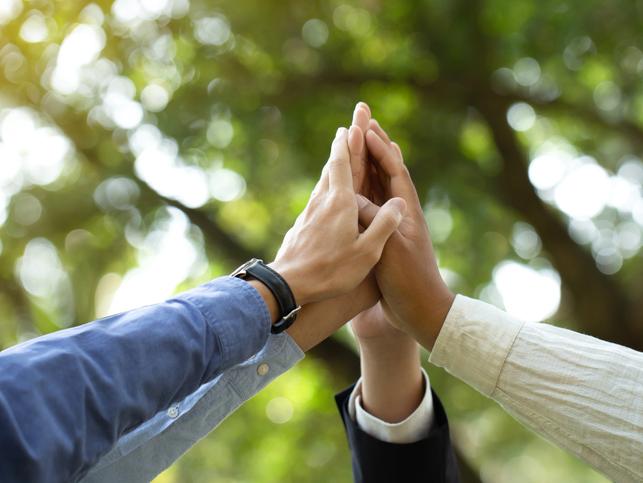How can universities contribute to achieving the 17 UN Sustainable Development Goals? From research to mitigate the climate crisis and environmental damage to teaching through an SDG lens and creating more sustainable campuses, academics share strategies to tackle the most pressing global challenges of our time and build a sustainable future.





